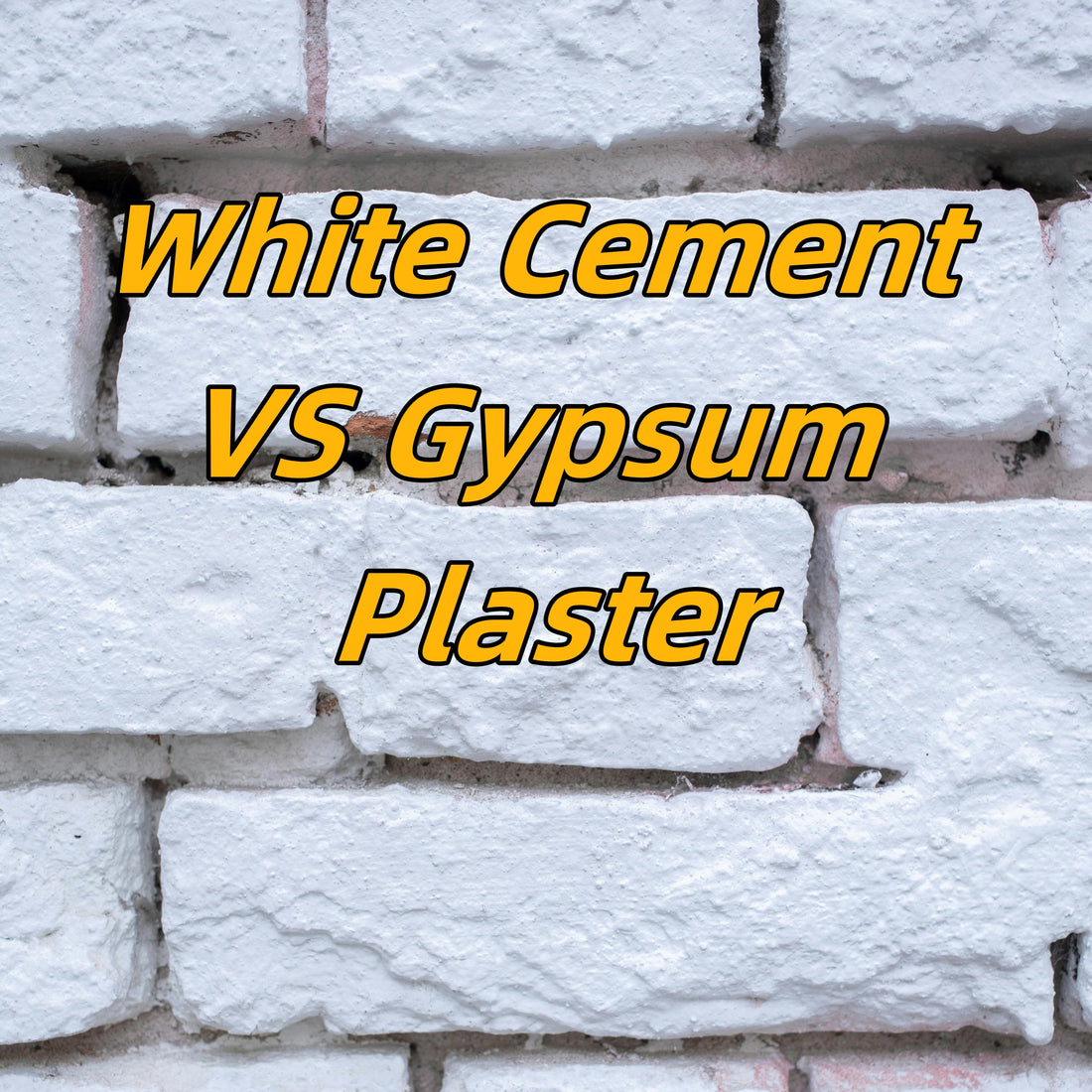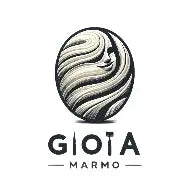
White Cement vs Lightweight Gypsum: A Comprehensive Guide to Building Materials
共有
Choosing the right building material is key to the success of any renovation project. White cement and lightweight gypsum are two commonly used materials, each with its own strengths. This guide will help you understand their differences in composition, uses, performance, and cost to make the best decision based on your needs.
1. Composition 🌟
-
White Cement
White cement is primarily composed of calcium silicate, offering high brightness and a sleek appearance, making it ideal for projects requiring a clean, polished look. -
Lightweight Gypsum
Lightweight gypsum is made of gypsum, lightweight aggregates, and additives. It is known for being lightweight, fire-resistant, soundproof, and insulating, making it perfect for modern interior finishes.
2. Applications 🔨
-
White Cement
Commonly used for exterior finishes such as flooring, stairs, and walls. It is also ideal for creating terrazzo, colored finishes, marble tile adhesives, and concrete sculptures. -
Lightweight Gypsum
Primarily used for interior wall plastering in bedrooms, living rooms, kitchens, and bathrooms. It ensures a smooth, natural finish.
3. Construction Techniques 📋
-
White Cement
Offers excellent water resistance and compressive strength, making it ideal for heavy-duty wall or floor coatings and tile applications. -
Lightweight Gypsum
Its adjustable thickness and high efficiency make it perfect for leveling surfaces quickly, saving time and labor.
4. Performance 🏗️
-
White Cement
Highly durable with strong water resistance and compressive strength, but it requires longer drying time. -
Lightweight Gypsum
Lightweight, easy to apply, and durable, with excellent anti-crack, anti-mold, and impermeable properties.
5. Cost 💰
-
White Cement
While the initial cost is lower, additional expenses like whitewashing can make the overall cost higher. -
Lightweight Gypsum
Slightly more expensive upfront, but faster construction reduces labor costs, making it a cost-effective choice.
6. Choosing the Right Material 🎯
Each material has its own advantages and is best suited for specific scenarios:
-
White Cement
- Ideal for exterior applications like flooring, stairs, and walls due to its durability and resistance to weather.
- Perfect for detailed work such as terrazzo, sculptures, and tile adhesives.
-
Lightweight Gypsum
- Best for interior wall leveling in bedrooms, living rooms, kitchens, and bathrooms, ensuring fast and efficient work.
- Great for modern households looking for anti-crack and anti-mold solutions.
Summary 💡
If you need high compressive strength and water resistance, such as for floor construction or tile adhesive, choose white cement 💪.
If you prioritize lightweight materials and fast construction, such as for interior wall leveling, lightweight gypsum ⚡ is the better option.
Select and combine materials based on your project’s needs to ensure quality results while saving costs!
